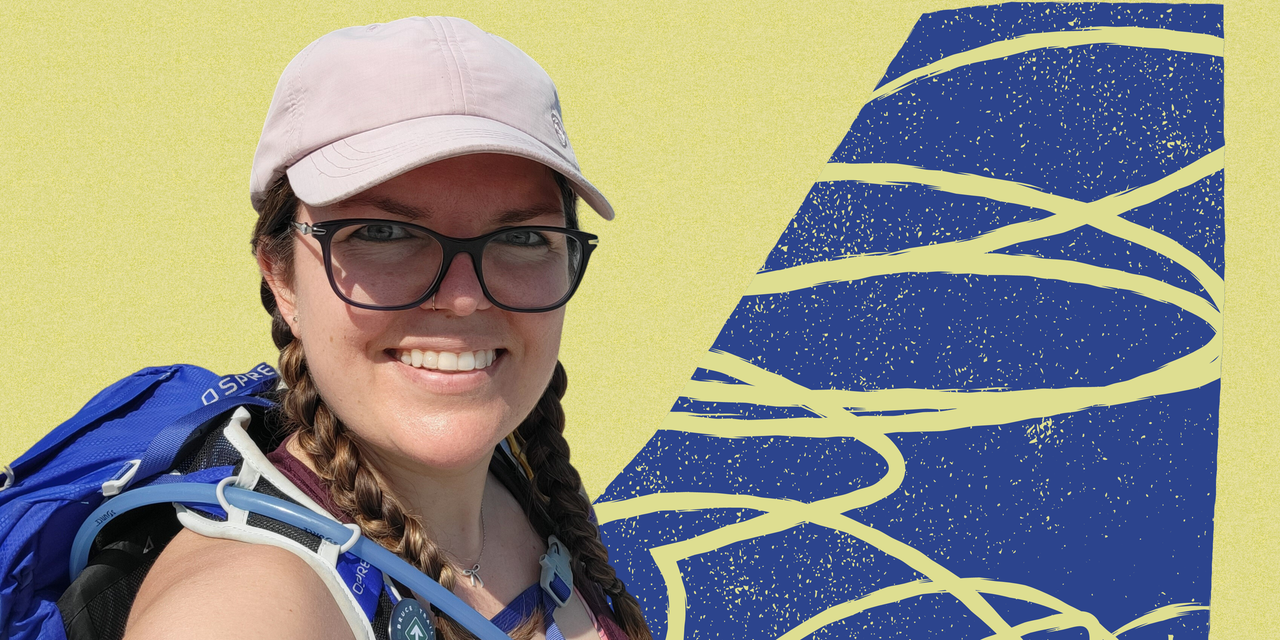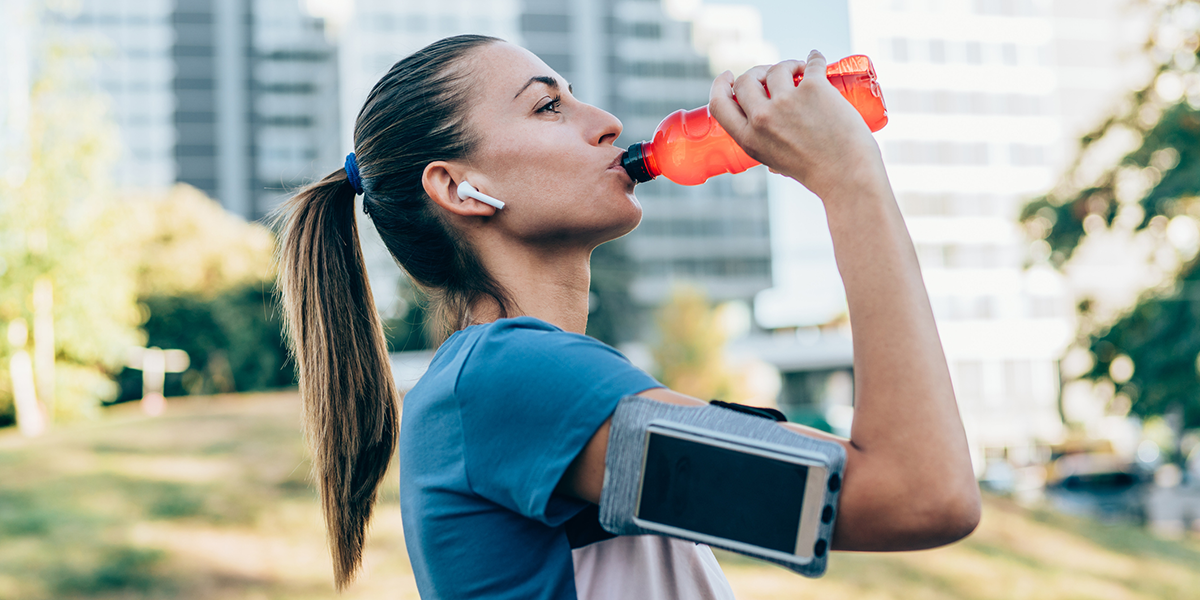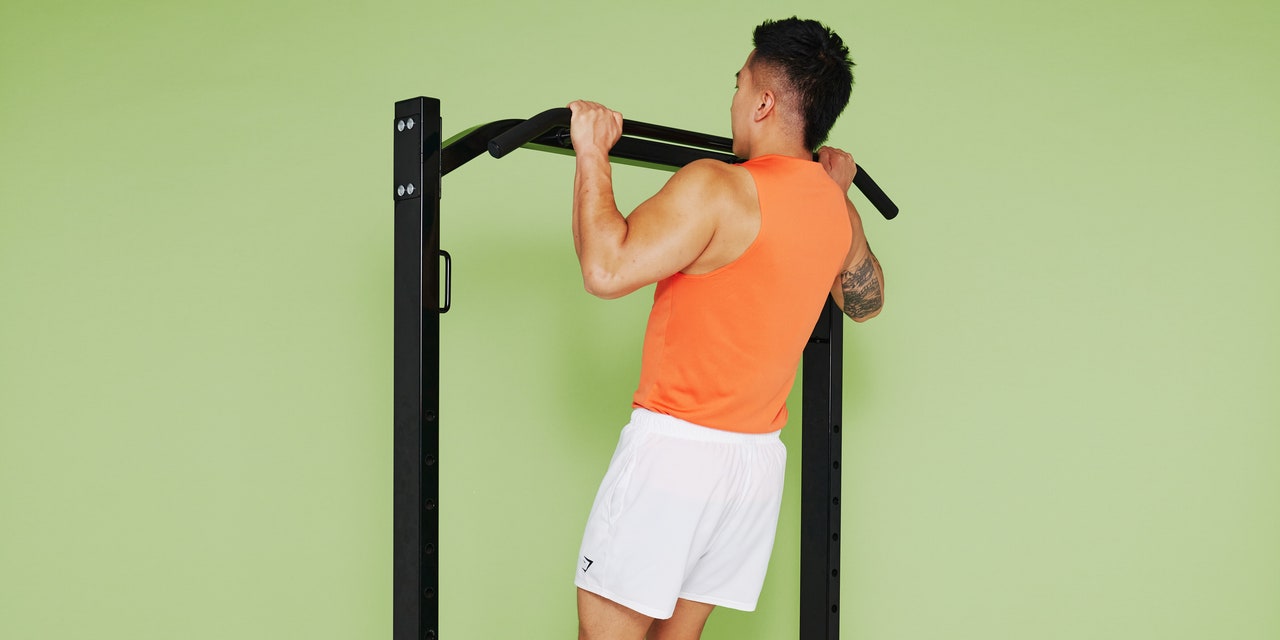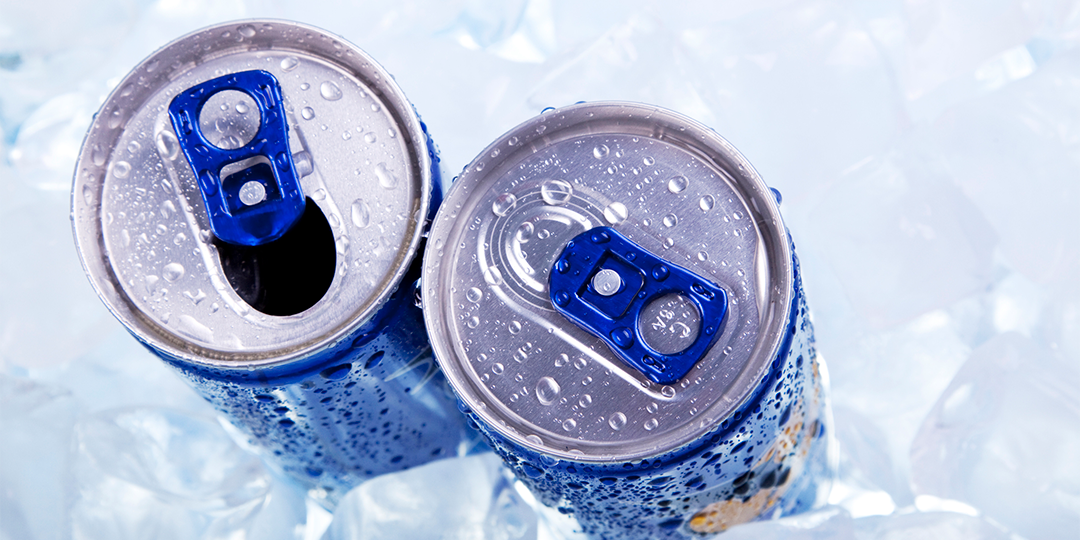I’m a Long-Distance Hiker With Ulcerative Colitis—Here’s How I Manage On and Off the Trail

Having a doctor who didn’t believe me could have made me question myself, but the truth is, no one knows your body better than you do. That’s a lesson I carry with me every single time I hit the trails, and one I always share in my yoga classes. At the start of each one, I remind the group I’m guiding to honor their bodies and whatever they need that day.
Prep for the unexpected, no matter where you are.
Anyone who spends time in the wilderness knows how important it is to be ready for any emergency. But when you have UC, you also have to be prepared just in case your symptoms start causing some chaos.
Whenever I’m making camping reservations, for example, I pick the campsite that’s closest to the restroom. Like any responsible hiker, I always carry a trowel with me, so I can go off-trail and dig a hole when I have to use the bathroom mid-hike.
But with UC, I don’t always have enough time to do that. Enter: a WAG bag, which is basically a portable toilet kit. Now I bring it on all my hikes and I always have one in my car, just in case. Knowing it’s available in an emergency alleviates my anxiety so much.
Alone time is great, but community can also be healing.
I used to do most of my hikes solo, which I loved. My husband isn’t super outdoorsy, and I’m very comfortable being alone; in my early 20s, I solo-backpacked around Australia, New Zealand, Fiji, and Southeast Asia.
Lately, though, I’ve had fun hiking with like-minded women I’ve connected with through Instagram. Hiking with friends also makes the logistics a lot more manageable, especially as I’m traveling to reach the farther, more isolated sections of the Bruce Trail. More importantly, we support each other outside of the woods too. I know they’ll be there when I need an empathetic ear to vent about frustrations or setbacks—or even just some company for coffee or concerts. They’re always ready to remind me when I need to take a step back and reevaluate if something is worth my energy.
Dial into your body to minimize stress.
Over the years, I’ve learned that stress is my biggest UC trigger, and I’ve found that yoga is a really good way to ground myself, especially when I’m not feeling well. Yoga has given me the tools to slow down and focus on my breathing. When my symptoms act up, I keep my routines slow and gentle; sometimes all I do is savasana (corpse pose). I currently teach a class one to two times a week, in addition to practicing on my own.
Shut off the “shoulds.”
It’s tempting to be hard on myself when I’m unable to do the things that used to be easy for me. During my 2021 flare-up, I was so sick I couldn’t hike for more than six months. When I returned to the trails, I did my best to keep my expectations low and to focus on being grateful for the chance to be out in nature again. Sure, I could have beat myself about how much farther or faster I “should” have been going, but how would that help?
Before I attempted to hike again, I started with short walks around my neighborhood. I wanted to rebuild my stamina gradually, plus I needed to stay close to home in case I needed an urgent bathroom break, and I had made peace with that.
So here’s another reminder for anyone who is living with UC: Meet yourself where you are. There will be days when you have to scale your plans back or cancel them completely—and that’s okay. No one’s keeping score. Your health has to come before your workout. And when you’re feeling well again, your sport or hobby will still be there waiting for you. I’m reminded of this every time I hit the trails after recovering from a flare. No matter what kind of physical shape I’m in, returning to nature feels like coming home.
Related:





